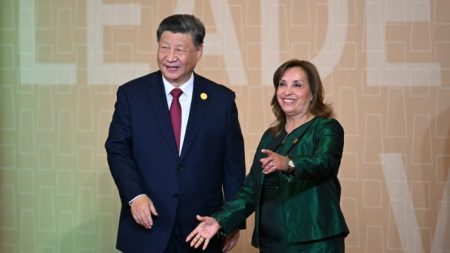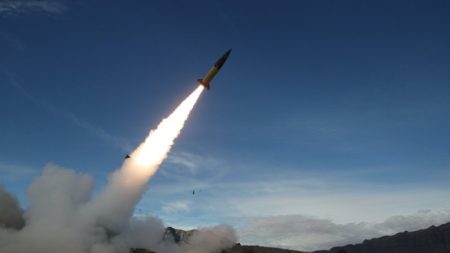Unlock the Editor’s Digest for free
Roula Khalaf, Editor of the FT, selects her favourite stories in this weekly newsletter.
Turkey’s inflation rate has cooled for the first time in eight months, bolstering policymakers’ hopes that a long-running cost of living crisis is easing a year after Ankara launched a sweeping economic turnaround plan.
Consumer prices increased 71.6 per cent in June from the same month in the previous year, a slower rate than expected and down from a nearly two-year high of 75.5 per cent in May, according to official data.
The decline in inflation is one of the strongest signs to date that Turkey’s pivot away from unconventional monetary policy following President Recep Tayyip Erdoğan’s re-election in May last year is starting to bear fruit.
The centrepiece of the new programme, which is slowly drawing back foreign investors who deserted the market in recent years, has been huge increases in borrowing costs. The central bank raised its main interest rate from 8.5 per cent in June last year to 50 per cent by March in an attempt to stomp out runaway price growth.
“The disinflation process has begun,” said finance minister Mehmet Şimşek after Wednesday’s inflation report. “We will ensure a permanent welfare increase by implementing our programme with determination until we reach price stability.”
The monthly rate of inflation also fell sharply to 1.6 per cent in June from 3.4 per cent in May, according to data released on Wednesday by the Turkish Statistical Institute. Clothing and footwear and transportation costs both fell in June from May, though housing prices continued rising sharply.
Still, several economists noted that there was a wide chasm between the official figures and another data set that measures prices in Istanbul, home to a fifth of Turkey’s population.
The Istanbul Chamber of Commerce (ITO) found prices rose at an annual rate of around 82 per cent in Istanbul in June. Selva Demiralp, an economist at Istanbul’s Koç University who closely follows inflation data, noted that when compared with the ITO figures, the national numbers were “surprisingly low”.
There is also a risk of a fresh setback in July, when authorities are likely to raise prices that are under their control, such as electricity tariffs, said Hakan Kara, a former Turkish central bank chief economist.

Still, local and foreign economists are broadly expecting inflation to drop further in the coming months, which could lead to rate cuts later this year or in early 2025. Local businesses expect consumer price growth to fall to 44 per cent by the end of this year, although they still forecast double-digit inflation five years from now, according to a recent central bank survey.
Other data published recently has underscored expectations that the new economic programme, led by Şimşek, is slowly cooling parts of Turkey’s $1tn economy.
The car market, which has been overheating for years as Turks purchased vehicles in an attempt to protect their savings against inflation and huge falls in the lira, has recently hit reverse gear.
Retail sales of cars and light commercial vehicles fell 5.3 per cent in June on an annual basis, data from the Automotive Distributors and Mobility Association shows.
Activity in Turkey’s factory sector contracted for the third straight month in June, with groups increasing prices at the slowest pace in four and a half years, according to the Istanbul Chamber of Industry purchasing managers’ index.
“The sustained period of muted demand is starting to be more keenly felt in the manufacturing labour market, with Turkish firms showing a reluctance to replace departing staff and thus scaling back employment to the largest degree since October 2022,” said Andrew Harker, economics director at S&P Global Market Intelligence, in the PMI report.
Despite the slowdown in Turkey’s business sector, policymakers are still struggling to bring down high inflation expectations among consumers, who have seen their savings shrivel in recent years.
Turkish consumers are forecasting a year-end inflation rate of about 90 per cent, according to a June survey by Istanbul’s Koç University. Of those surveyed, 88 per cent indicated that it was a good time to buy long-lasting goods — in a sign of wariness over promises that the tide has turned.
Read the full article here












